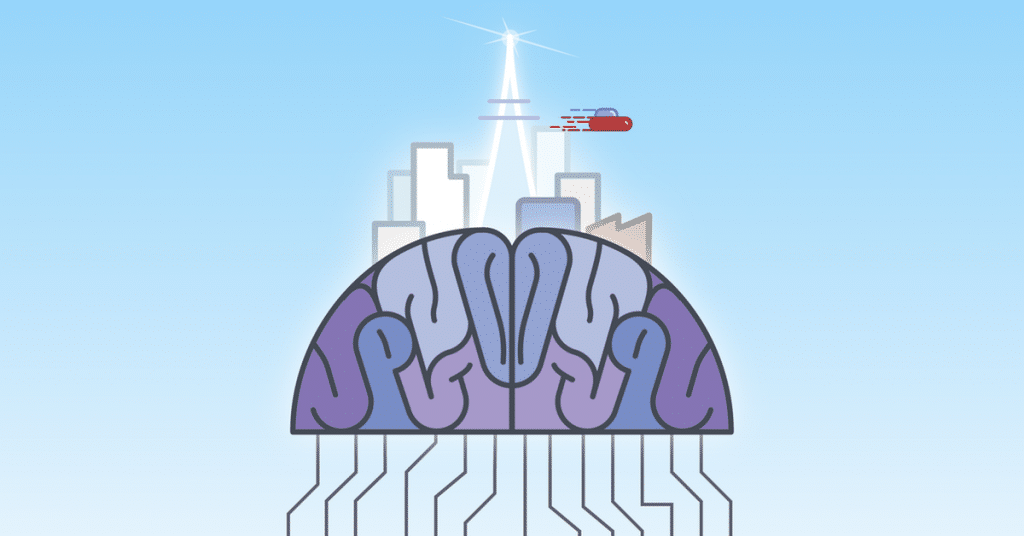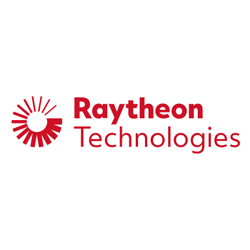Introducing Cloud Hosted Deep Learning Models
- by 7wData

At Algorithmia, we believe in democratizing access to state-of-the-art algorithmic intelligence. That’s why we’re introducing a solution for hosting and distributing trained deep learning models on Algorithmia using GPUs in the cloud.
Today, researchers and developers can train their neural nets locally, and deploy them to Algorithmia’s scalable, cloud infrastructure, where they become smart API endpoints for other developers to use.
We’re excited to announce initial native support for the Caffe, Theano, and TensorFlow frameworks, and have added 16 open source deep learning models that run as microservices to start. Support for Torch and MxNet are coming soon.
Plus, we’ve created two demos to showcase how easy it is to build applications off of hosted models:
We want Algorithmia to be the place for researchers and developers creating deep learning models to showcase their work, distribute it, and make it available for other developers to use.
We believe algorithms and models should be implemented once, reusable by developers anywhere, in any language.
You should train your model using the tools you’re comfortable with. And, when you’re ready, deploy it to our infrastructure, where your model will join a collection of more than 2,200 algorithmic microservices other developers can use to obtain real-time predictions, and build production-ready, machine intelligent apps.
Thanks to an abundance of digital data, and powerful GPUs, we are now capable of teaching computers to read, see, and hear.
Just this year, a handful of high-profile experiments came into the spotlight, including Microsoft Tay, Google DeepMind AlphaGo, and Facebook M.
These experiments all relied on a technique known as deep learning, which attempts to mimic the layers of neurons in the brain’s neocortex. This idea – to create an artificial neural network by simulating how the neocortex works – has been around since the 1980s.
During the training process, the algorithm learns to discover useful patterns in the digital representation of data, like sounds and images. In a very real sense, we’re teaching machines to teach themselves.
As a result, it’s become clear that deep learning is the next frontier in machine learning and artificial intelligence.
Yet, despite plentiful data, and abundant computing power, deep learning is still very hard.
The bottleneck is the lack of developers trained to use these deep learning techniques. Machine learning is already a highly specialized domain, and those with the knowledge to train deep learning models are even more select.
For instance, Google can’t recruit enough developers with deep machine learning experience. Their solution? Teach their developers to use ML instead. When Facebook’s engineers were struggling to take advantage of machine learning, they created an internal tool for visualizing ML workflows.
But, where does that leave the other 99% of developers that don’t work at one of these top tech company?
Very few people in the world know how to use these tools.
“Machine learning is a complicated field,” S. Somasegar says, venture partner at Madrona Venture Group and the former head of Microsoft’s Developer Division. “If you look up the Wikipedia page on deep learning, you’ll see 18 subcategories underneath Deep Neural Network Architectures with names such as Convolutional Neural Networks, Spike-and-Slab RBMs, and LTSM-related differentiable memory structures.”
“These are not topics that a typical software developer will immediately understand.”
Yet, the number of companies that want to process unstructured data, like images or text, is rapidly increasing.
[Social9_Share class=”s9-widget-wrapper”]
Upcoming Events
Evolving Your Data Architecture for Trustworthy Generative AI
18 April 2024
5 PM CET – 6 PM CET
Read MoreShift Difficult Problems Left with Graph Analysis on Streaming Data
29 April 2024
12 PM ET – 1 PM ET
Read More




